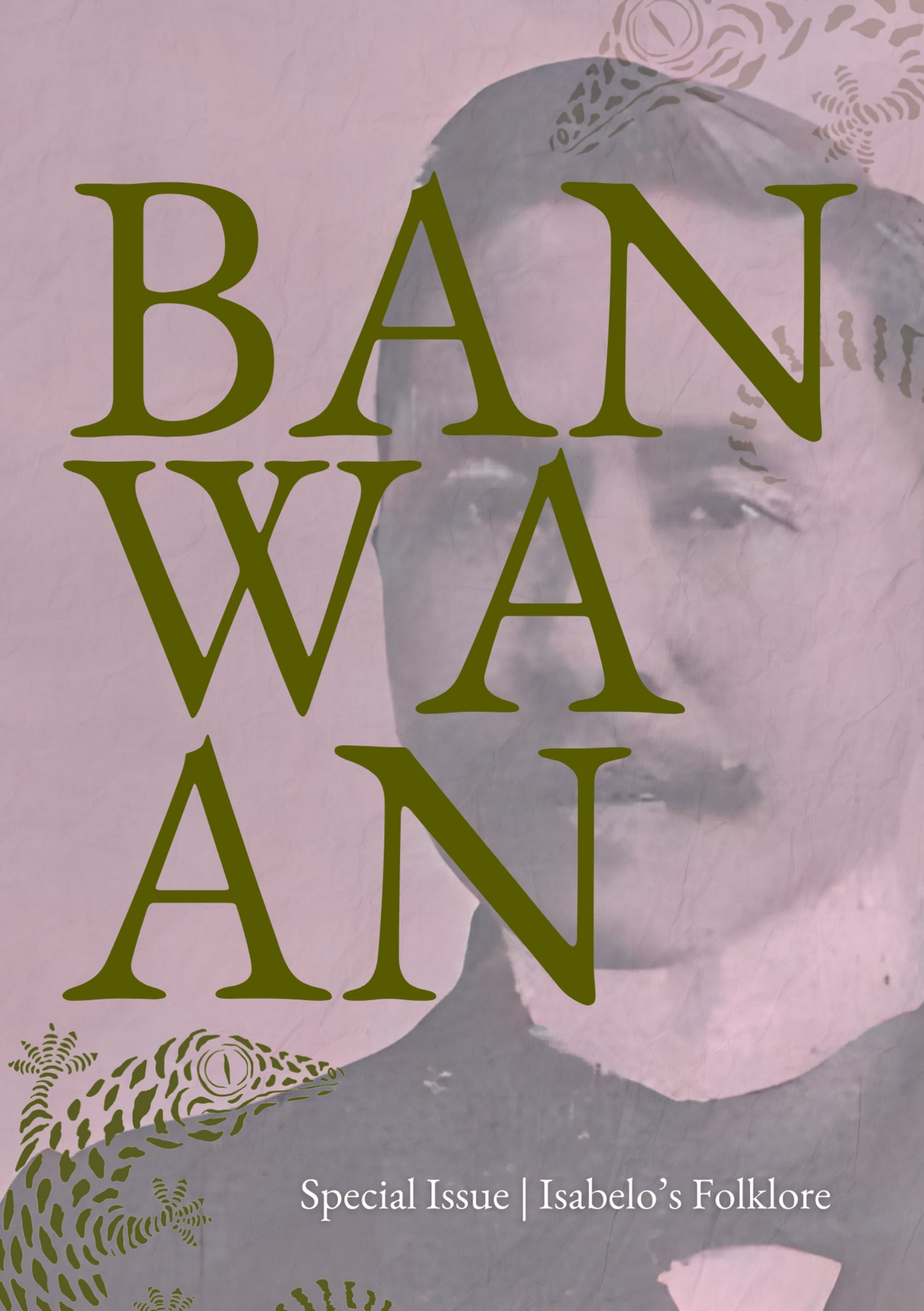Legal Codification of Family-Related Filipino Proverbs (Salawikain) in the Civil Code of the Philippines, 1947-1949
Abstract
The Civil Code of the Philippines became the foundation of civil law in
the postwar Philippines. In legal history, it is a common understanding
that the Civil Code was heavily derived from the Spanish legal system.
This article aims to highlight the Filipino element and Filipino
contribution to the development of its legal system. This article shows that
two proverbs (salawikain), “ang lahat ng tao mag-away man huwag ang
mag-asawa sa loob ng bahay” (the whole world may quarrel but not the
husband and wife at home) and “ang sakit ng kalingkingan, damdam ng
buong katawan” (the pain of the little finger is felt by the whole body),
were transformed as provisions in the Civil Code (1949) such as “the
family is a basic social institution which public policy cherishes and
protects” (art. 216) and “the law governs family relations. No custom,
practice, or agreement which is destructive of the family shall be
recognized or given any effect” (art. 218). The legal luminary Jorge C.
Bocobo, who served as Chair of the Code Commission tasked to design a
new civil code from 1947 to 1949, has been instrumental in the
codification of proverbs in civil law due to his prior interest and
engagement in collecting Filipino proverbs. These provisions exist up to
this day in the Family Code of the Philippines (1987) and the 1987
Constitution and remain relevant in the governance of Filipino families.
Familiarity with Philippine folklore could serve as an unconventional but
important way to understand their own laws.
Keywords: folklore, proverbs, legal history, family law, Philippines


